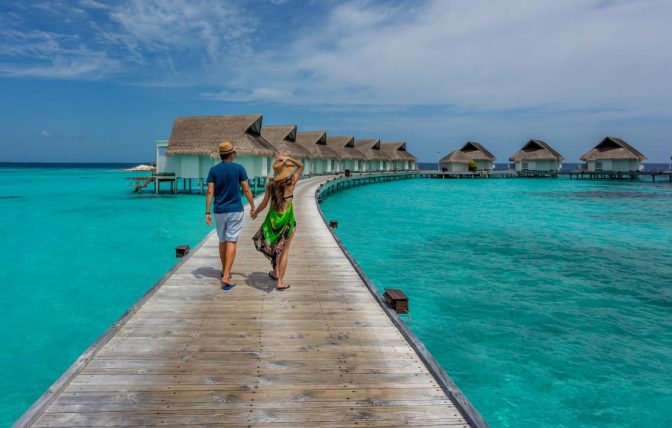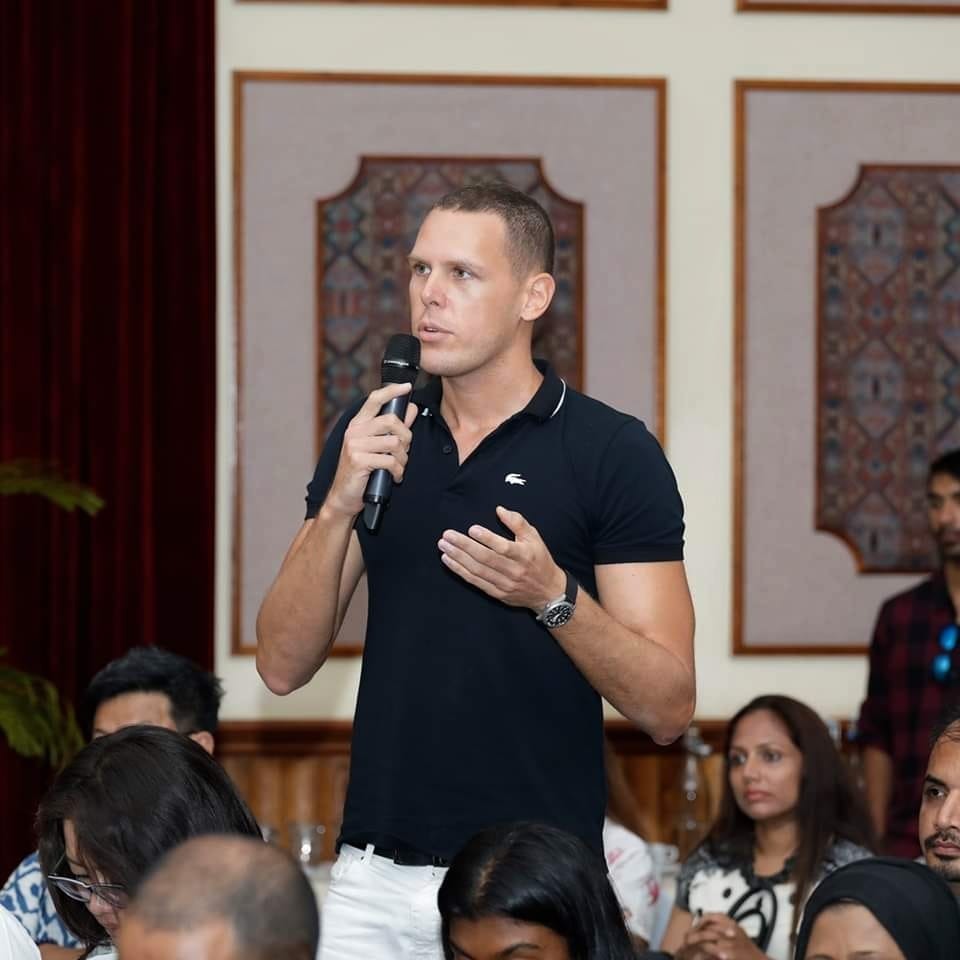

By Daniel Diosi
During the past few weeks, we have had many interesting conversations with hotel owners and directors from various segments who are equally concerned about operating in a slow market after the COVID-19 lockdown is over.
Everyone is asking the same question:
“How would it be possible to maintain the same level of service and experience with less demand and lowered rates?”
To adjust future operations to a slow market, preparing for changes in resort management is necessary. For a possible solution, we should look at the MVP approach, which is a proven and commonly used product management system from the startup world. MVP stands for “minimum viable product.”
The MVP approach is based on the premise that one could provide sufficient customer value by delivering essential features that are required for a fully functional product. In the case of hotel and resort operations, it could mean providing only essential services and experiences in order to minimize operational costs while also keeping only the most profitable and demanded services available.
The minimum viable product approach involves prioritizing product requirements to the point that they deliver core functionality in order to deal with market problems; the rest is only “nice to have.” Note that this system requires more rigor than usual in prioritizing requirements, as the nature of frequent iterations allows one to only address a small number of product requirements with each product release.
Advantages of the MVP approach for product development
Real-world examples of MVP actions in hospitality management
Build on what is absolutely required. In the case of low occupancy, the following cost-cutting initiatives would make perfect sense.
Developing from MVP to new full experience
Getting back to a minimum viable product stage is not only a crisis-solution but also an excellent starting point to re-develop the hotel concept, operations, and business model to adjust it to today’s traveler expectations. It is a great opportunity and to learn what parts of a product experience are valuable for guests and for the financial bottom-line.
Starting from a minimum viable product concept enables to add elements to the experience and operations bit by bit, taking it to directions that are valuable for your guests and profitable for your company. These new directions of service development will likely differ from the initial concept that was in place before the MVP-fication.
Such changes in the product will likely be adjustments to cater to today’s Millennial and Generation Z who require flexible check-in and check-out times, do not requires human interaction to make reservations and amendments and do not like to be “served” like Generation X – but like to connect with staff at a personal level.
What are your thoughts about this? Would you consider the MVP approach to offer a nearly full experience while reducing operational costs?

About the Author:
Daniel Diosi, MBA, is an online business transformation and marketing professional with over 10 years of experience. His consulting group, Daniel Diosi & Partners is supporting leading independent luxury hotels and resorts in exotic destinations worldwide.